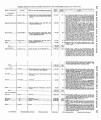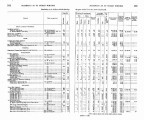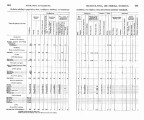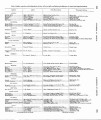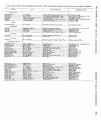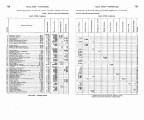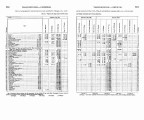| Title |
Annual Report of the Commissioner of Indian Affairs - 1898 |
| Subject |
Indians of North America; Indian reservations; Land use; Allotment of land; Treaties; Agriculture; Timber; Health; Indians of North America--Social life and customs; Ute Indians--History; Federal government; Maps; Alcohol; Irrigation; Water rights; Crime; Work; Indigenous peoples--North America; Off-reservation boarding schools |
| Keywords |
Uintah and Ouray Indian Reservation; Annual Report; Indian Agency; Reservations; White Rocks (Utah); Land Rights; Indian; White Relations; Tribal Funds; Native Americans |
| Publisher |
Digitized by J. Willard Marriott Library, University of Utah |
| Tribe |
Ute |
| Language |
eng |
| Description |
Excerpts concerning Utah from the Annual Report of the Commissioner of Indian Affairs - Courtesy of the University of Wisconsin Digital Collections. The Commissioner of Indian Affairs discusses the appropriation of tribal funds, Indian exhibitions, successes and shortcomings within the Indian school system, the sale and lease of unallotted lands, the killing of Southern Utes in Colorado, and instances of trespassing on reservations. Agent William H. Meyer of Colorado submits a report regarding the Southern Ute Indians. Uintah Ouray Agent George A. Cornish describes shortcomings in agricultural production, the progress of new irrigation projects, the use of horses, stock raising, instances of drunkenness, and performance in schools |
| Type |
Image/StillImage |
| Coverage |
Uintah and Ouray Indian Reservation (Utah); Utah; Washington (D.C.) |
| Format |
application/pdf |
| Rights |
Digital Image Copyright University of Utah |
| ARK |
ark:/87278/s6bp2zhk |
| Creator |
Commissioner of Indian Affairs; Jones, William A.; Meyer, William H.; Cornish, George A. |
| Date |
1898 |
| Spatial Coverage |
Colorado; Washington (D.C.); Utah |
| Setname |
uaida_main |
| ID |
372886 |
| Reference URL |
https://collections.lib.utah.edu/ark:/87278/s6bp2zhk |








































































































































































